|
The final piece of this article will focus on the commitment level of the player or student. Buying a piano or digital piano can be a large investment, and you want to make sure you are going to be able to justify the expense based on the level of commitment of the player.
New students can be tricky. You want to believe that they will take a few lessons and become inspired to practice for an hour or more per day playing scales, Hannon and new pieces that they are working on, and in some cases, that is exactly what happens, but what if they quickly lose interest and decide that the piano is not for them? If you spent thousands on a piano or digital piano, you may find that you now have a nice looking piece of furniture, or that you have to sell for substantially less than you paid. So you have to ask yourself, is this your idea for them to play, or is it theirs? Did you wake up today and decide that you are going to play piano, or have you played before and know the commitment level needed to improve? If you are committed to having a piano in your house because you like the look, then go with something nice and that way you will still be happy if you or your child lose interest. If you are unsure, then go with a beginner digital piano or rent a digital piano and the money that you spend on the rental period will be much less than the loss you would take if you had to sell one you purchased. You will also be able to reassess and potentially upgrade to something that fits the style that the student has developed. You will be much more likely to make the right purchase if you have developed some playing skill and know what to look and listen for when you purchase the piano that you know you will keep.
4 Comments
Should you buy a Piano or Digital Piano? I will give you a high level overview of what to consider when making this decision. Usually people make this decision based on their budget, living arrangements, commitment/level of proficiency or some combination of all of these factors. This will be a three part blog focusing on each of these factors. This post will focus on the budget aspect.
Generally speaking, a digital piano is a less expensive option than an acoustic upright or grand piano, though you will often see free upright pianos being given away on craigslist. I would stay away from those unless you know what you are doing. They can easily be a bigger project than you might think when you consider moving expenses, tuning (can it even hold a pitch), brand, quality, etc. There are many digital pianos, however, that are more expensive than an acoustic piano, but for the purposes of this blog, I will use basic uprights and basic fully weighted 88-key digitals as the benchmarks. Whichever you end up buying, I would suggest that you stick to a well known brand so that if you do need to sell in the future, your piano will experience less depreciation. If acoustic, Yamaha and Kawai hold their value the best. Yes you will spend more, but 30 years from now, people will still want that piano. Lesser known brands will be give-a-ways at that age. Always buy a black piano. Brown ones do not hold their value like black ones do. The majority of people shopping are looking for a black piano because it goes with everything. If you are buying a digital piano, again, I would stick with the best brands. Yamaha Clavinova or YDP series, Roland, Kawai, and believe it or not, Casio has come up with a fantastic digital piano line with the Privia. There are so many brands like Williams, Suzuki and others that will fall apart quickly. Color is less important with digital pianos, but typically dark brown or black are the most desired. If buying a used digital piano for sale, test the keys and make sure they all have an even consistent sound and feel. Listen for “press and release” noise. This should be very quiet so it is not distracting to the player. Make sure the pedals work. Turn it off and on again to make sure the electronics are working properly. Age is important, but anything post 1998 should be adequate because by then, almost all electronic pianos made the change from analog sounds to sampled grand piano sounds, and there has been somewhat of a plateau since then. Renting a digital piano for a beginner is not a bad idea to save money if the player loses interest, or if they have a high level of interest, you may want to purchase an acoustic piano or more advanced digital piano. Piano rental allows you to defer that decision to a later date. If buying a used acoustic piano, check the age by serial number if you can find a source. Yamaha and Kawai post their serial numbers online so you can tell the age. Don’t be afraid of age if the piano is well maintained or rebuilt, particularly if it is a Yamaha or Kawai. Watch for “grey market” pianos. While there is nothing specifically wrong with these pianos, they were not built for the American market, so may have less value when you go to sell. Do not take on a free piano project unless you know what you are doing. I am happy to answer specific questions about models and prices. Just contact us at [email protected] Singing Strings rents and leases pianos and digital pianos to Northern Virginia, Washington DC, and Maryland, including Baltimore. How do you stay motivated playing the piano and break through some plateaus? We will share some standard and some less common ways to get some extra mileage out of your practices.
1. Push harder on the keys Somehow when you push harder when learning something new, you are making a deeper imprint in your mind and finger memory when you do this. When you strike the keys with more confidence and authority, it stays with you when you play these passages in the future. 2. Repeat, repeat, repeat When you find yourself playing a difficult passage, break it into smaller phrases, and play them over and over again in a short period of time. It can be mind numbing, but your fingers have memory, and they will thank you for this later 3. Use your iphone or kitchen timer This especially comes in handy when you have a child who keeps asking, "am I done yet?" Doing this gives a definite start and finish time for practice and creates good habits. 4. Say the notes as you play them This is a best practice for beginners who are learning to read music. The reinforcement will make learning to read music happen faster. You can also sing the notes as some of our senior students like to do. 5. Switch to different tones or to a digital piano Sometimes it is nice to step away from the acoustic piano and play on a digital piano if you have one. You can gain some new energy by doing this. You can get more mileage by practicing the same scales, songs and finger exercises on all of the different tones of the digital piano. This can easily buy you an extra 10-20 minutes of practice. 6. Reward yourself This final strategy goes a long way in making strong connections with what you are playing. Simply keep your favorite beverage (non-alcoholic, of course) with you while you are learning something new. As you accomplish something challenging, take a small sip. Wait to take another when you make an improvement or manage a difficult passage or chord. There is something hard wired in our brains that responds to this type of reward system as simple as it may seem. Notice the way you feel as you take a sip and reflect on your accomplishment. We hope this helps you make some extra leaps or break through some plateaus that you may experience when practicing the piano. Feel free to contact us with questions about Piano Lessons in Gaithersburg, MD or Digital Piano Rentals In a down economy, you may be looking for ways to shave costs, especially large ticket purchases like a piano or digital piano. Renting a piano or digital piano can be a good idea in some cases, while it is a much better plan to purchase in others. We will take a look at some circumstances for both.
Renting makes the most sense if you have a child who you are not sure how interested that they will be in playing the piano after six months of lessons. If they stay interested, then it is clearly a better move to purchase at that point. We usually recommend going with a good upright or baby grand if your child shows sustained interest. Many people do not know that they can rent a digital piano, but this is a very good option for college students, people who are in the country temporarily, or those who are hesitant to make a large scale purchase until they know they won't be moving for a while. Renting also buys you time to make an informed purchase while your child's skills continue to bloom. We recommend Yamaha, Kawai, or Samick as a good brand to take you or your child to the next level. Keywords Piano Rental, Digital Piano Rental, Keyboard Rental |
About UsSinging Strings Music Center is located in Archives
January 2013
Categories
All
|
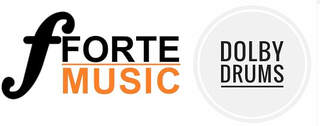
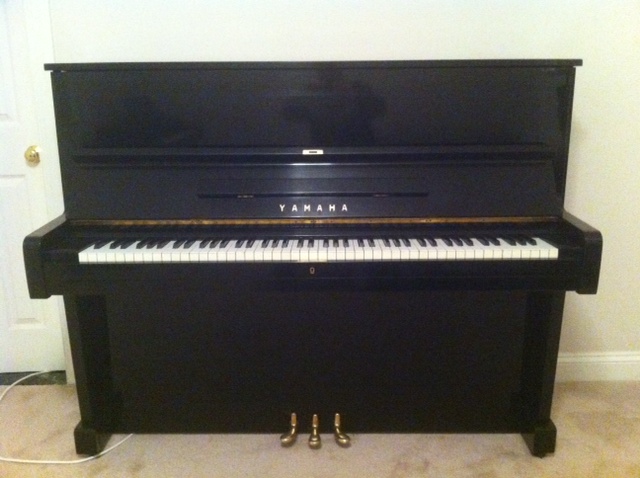
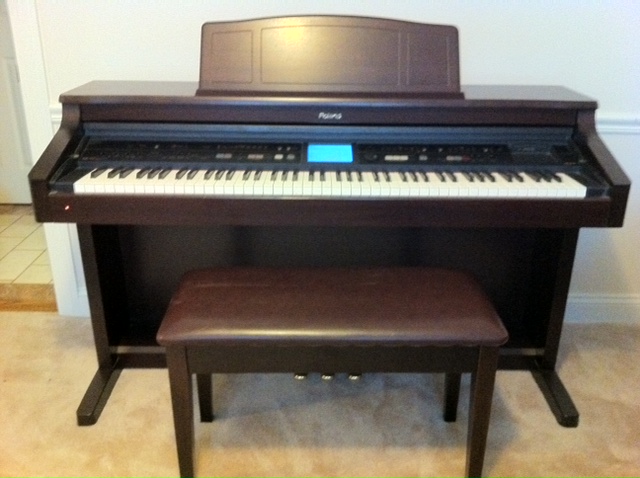
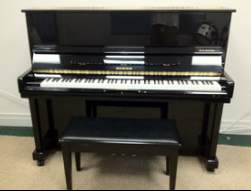
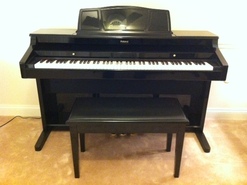
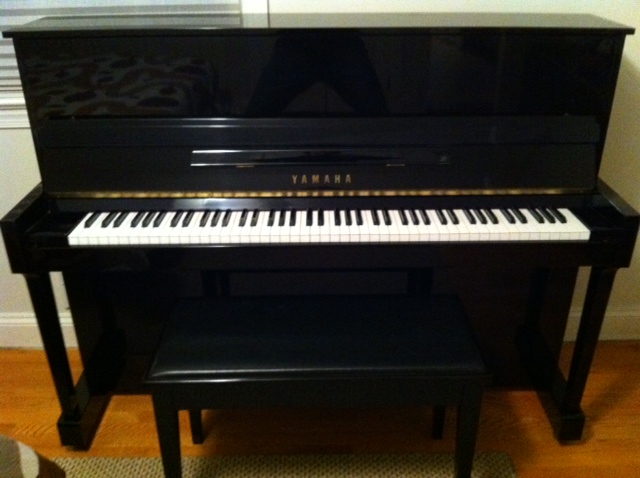
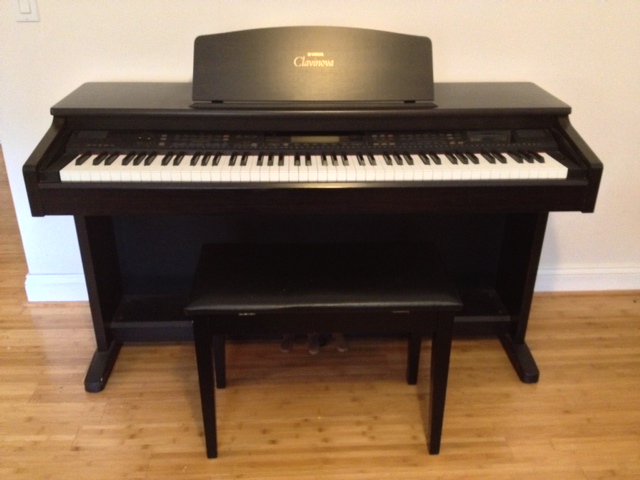
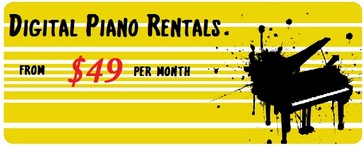
 RSS Feed
RSS Feed